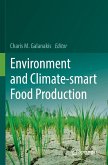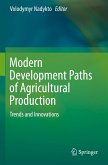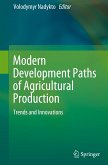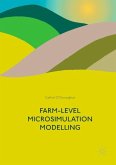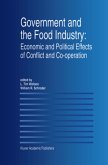Agriculture and food systems, forestry, the marine and the bio-based sectors are at the very heart of the climate change crisis. Evidence on climate change reveals that it will affect farming first, through changes to rainfall regimes, rising temperatures, the variability and seasonality of the climate and the occurrence of more frequent extreme events (heatwaves, droughts, storms and floods). In addition to findings ways to mitigate greenhouse gas emissions, farmers will need to develop farming systems resilient to fluctuating environmental and socioeconomic conditions. It is thus a great challenge to support ambitious climate targets while satisfying the needs for food, feed, bio-based products and energy for a global population projected to reach 10 billion by 2030.
Few books on the market integrate environment studies and climate-smart food production. This book fills the knowledge gap by covering all the relevant aspects in one reference: starting with microclimate management, climate change and food systems, and resilience of mixed farming and agroforestry systems, chapters address agricultural soil management, integrated water management in small agricultural catchments, citizen-driven food system approaches in cities, and ICT-enabled agri-food systems. By focusing on the most recent advances in the field while analyzing the potential of already applied practices, this book can serve as a handbook for regulators and researchers looking to understand all aspects of food production and distribution in this changing environment.
Few books on the market integrate environment studies and climate-smart food production. This book fills the knowledge gap by covering all the relevant aspects in one reference: starting with microclimate management, climate change and food systems, and resilience of mixed farming and agroforestry systems, chapters address agricultural soil management, integrated water management in small agricultural catchments, citizen-driven food system approaches in cities, and ICT-enabled agri-food systems. By focusing on the most recent advances in the field while analyzing the potential of already applied practices, this book can serve as a handbook for regulators and researchers looking to understand all aspects of food production and distribution in this changing environment.


